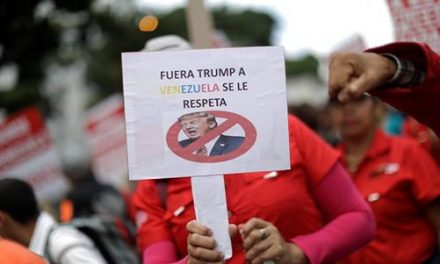Toronto activists oppose Trans-Pacific Partnership and corporate globalization
By John Bonnar
Rabble.ca
He called it the most nontransparent trade negotiation in Canadian history.
“Here in Canada, how much do we know about the Trans-Pacific Partnership,” said Stuart Trew, trade campaigner with the Council of Canadians, standing outside the Mexican Consulate in downtown Toronto on Friday afternoon.

“Almost nothing because this government refuses to show people what’s in this deal. Refuses to even show the deal to politicians in Ottawa. Refuses to even show them an impact assessment.”
According to the Electronic Frontier Foundations (EFF), “The Trans-Pacific Partnership (TPP) is a secretive, multi-national trade agreement that threatens to extend restrictive intellectual property (IP) laws across the globe and rewrite international rules on its enforcement..”
The twelve nations currently negotiating the TPP are the US, Japan, Australia, Peru, Malaysia, Vietnam, New Zealand, Chile, Singapore, Canada, Mexico, and Brunei Darussalam.
“Leaked draft texts of the agreement show that the IP chapter would have extensive negative ramifications for users’ freedom of speech, right to privacy and due process, and hinder peoples’ abilities to innovate,” said EFF on its website.”
“The entire process has shut out multi-stakeholder participation and is shrouded in secrecy.”
For not only the TPP undertaking. Other trade deals the Canadian government is involved have been negotiated behind closed doors too.
On Friday, Toronto activists marched between the Mexican and U.S. consulates to protest the proposed TPP trade agreement and NAFTA, one of 45 similar actions across North America and the world as part of an Intercontinental Day of Action against corporate globalization.




